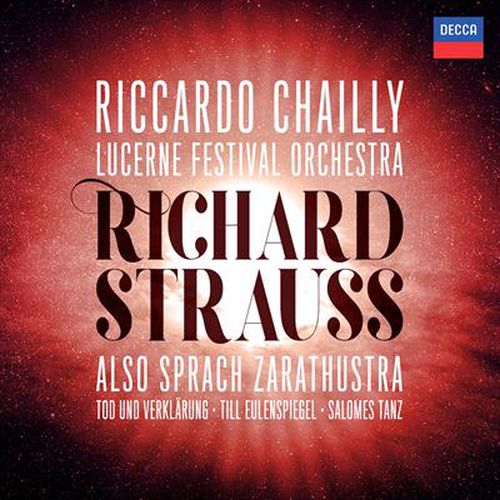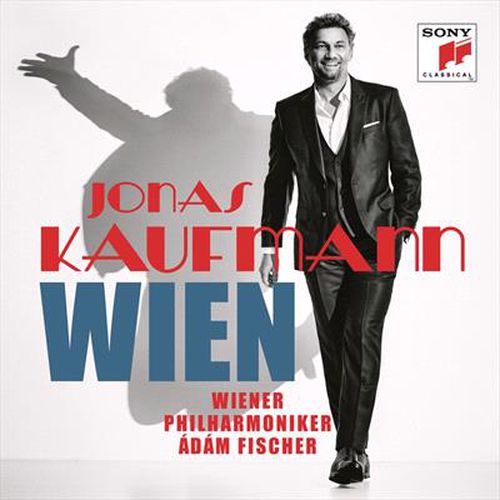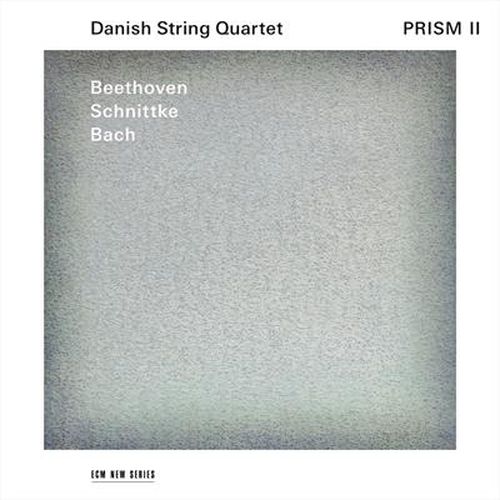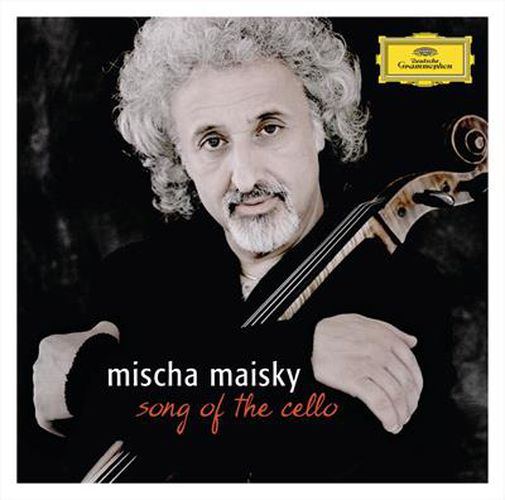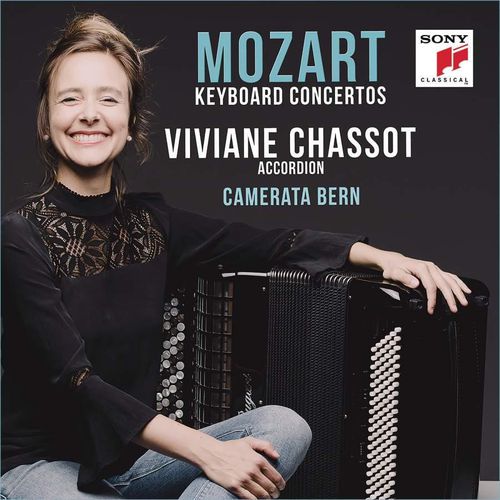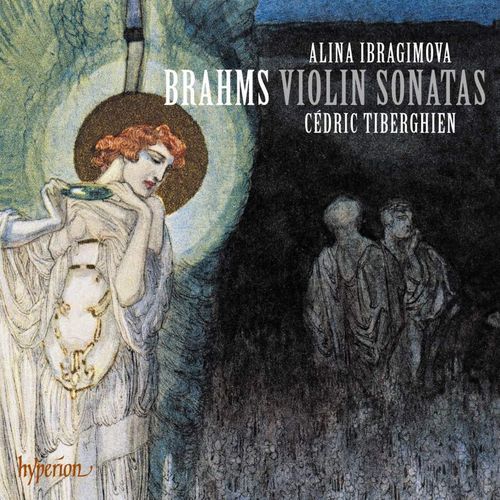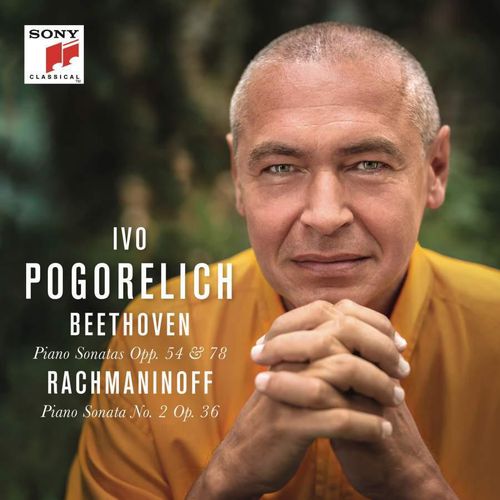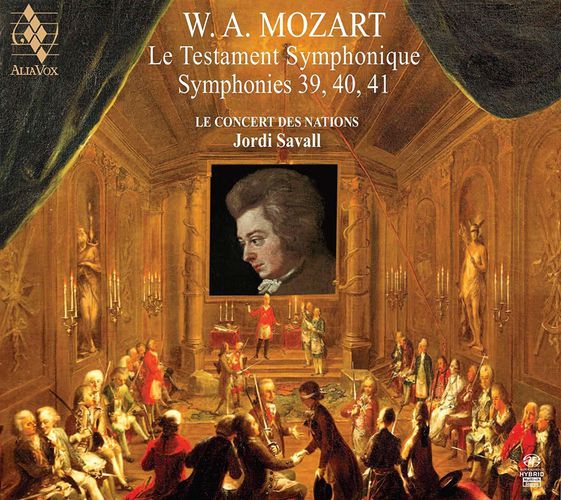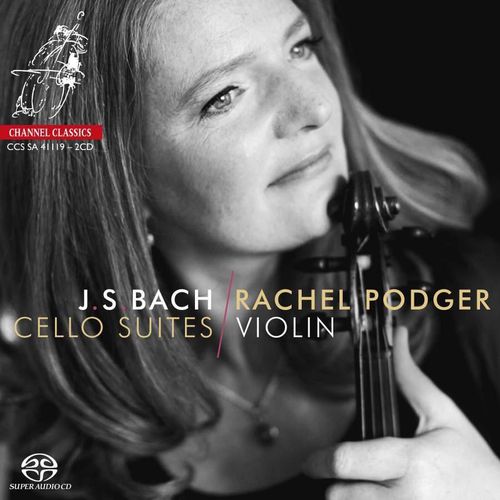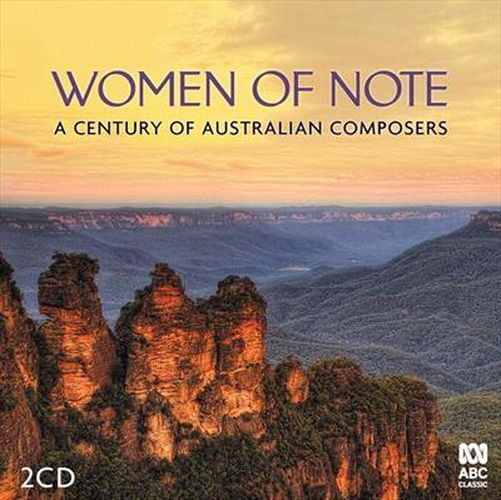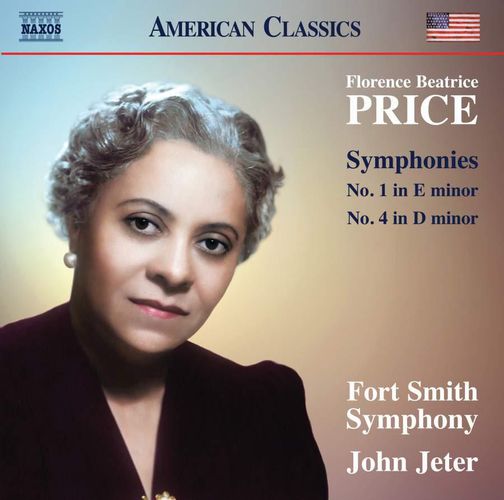Mendelssohn: Piano Concertos and Works for Solo Paino
Jan Lisiecki ,Orpheus Chamber Orchestra
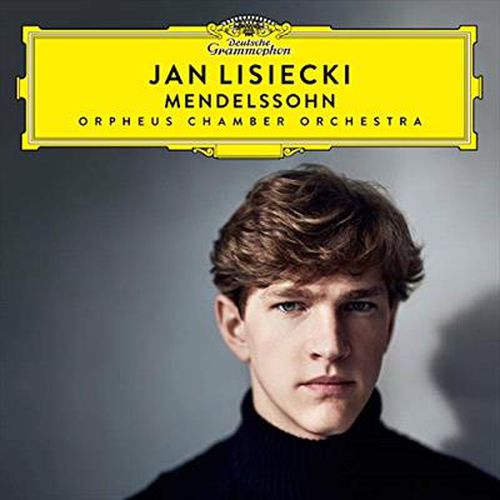
Mendelssohn: Piano Concertos and Works for Solo Paino
Jan Lisiecki ,Orpheus Chamber Orchestra
For his latest Deutsche Grammophon album, set for release in February 2019, Canadian pianist Jan Lisiecki explores a pair of early Romantic masterpieces: Mendelssohn’s Piano Concertos in G minor and D minor, in which he is accompanied by the internationally acclaimed Orpheus Chamber Orchestra of New York. He complements the two concertos with a selection of some of Mendelssohn’s most brilliant pieces for solo piano: the Variations sérieuses, the Rondo capriccioso and the “Venetian Boat Song” from the Songs without Words.
Despite his youth, twenty-three-year-old Canadian pianist Jan Lisiecki has already built up a long list of achievements. Having skipped four grades, he graduated from high school at the age of fifteen. He began performing in public as a child, recorded his first album as a teenager, and made his Carnegie Hall debut in 2016, when he was still only twenty.
Felix Mendelssohn was a year younger than Lisiecki is now when he wrote his First Piano Concerto in G minor; the work was dedicated to the seventeen-year-old pianist Delphine von Schauroth, then the object of the young composer’s affection. Cast in three movements, it is a lively, spirited work, at times requiring lightning-quick playing. Lisiecki finds it remarkable that the concerto begins as if “in the middle of a piece”, and particularly appreciates the buoyancy of this early work - he thinks of it as like “a nature trip” and notes that its “lightness of touch … reminds [him] very much of playing Mozart”.
Lisiecki sees the Second Piano Concerto in D minor, which Mendelssohn wrote immediately after his honeymoon in 1837, as providing a certain contrast with the First. “The Second Concerto has darker and deeper emotions,” he says. “It’s less secure, it’s uncertain, it’s not so confident, it’s searching.” He adds that it reminds him in some ways of Schumann, with its “rapid emotional changes and unprepared character swings”. He found it the more challenging of the two to record, not only because of its shifting moods, but also because of the intricacies of its orchestral accompaniment - as he points out, compared to the First Concerto, in the Second there is “more dialogue between the piano and the individual instruments”.
He chose to record the concertos with one of the world’s leading chamber ensembles, the Orpheus Chamber Orchestra. This elite group of players from New York are unusual in that they rehearse and perform without a conductor. “Everybody was involved in the musical process,” explains Lisiecki. “That was quite amazing to see. Usually it’s the conductor and I who are listening, but here you have a group of twenty people all listening to what was just done and hearing for themselves what they will change. That was a different experience.”
Lisiecki is opposed to the idea of albums that are essentially “collages” of the works in his repertoire, preferring to bring together works that complement one another programmatically or in terms of their character. On this occasion he has chosen to complement the two concertos with three of Mendelssohn’s finest works for the solo instrument: the Variations sérieuses, the Rondo capriccioso and the “Venetian Boat Song” (Venetianisches Gondellied) from the Lieder ohne Worte. All three are works that mean a great deal to Lisiecki, and he was delighted to be able to include them on this album and give listeners further insight into the composer’s dazzling keyboard writing.
Review
Kate Rockstrom
It is very interesting listening to a recording when you know the soloist has chosen the orchestra and the repertoire. You would not have thought it would make such a big difference in the musicality of the performance. But right from the opening chords I knew something was a little more, well, more, about this album. Then when reading the programme notes I discovered that Jan Lisiecki not only chose the accompanying orchestra but also was extremely specific in his choice of repertoire.
At the mere age of 23, Lisiecki is commanding the attention of the classical music world for his mature interpretations of standard repertoire. This is abundantly obvious from his performance on this album. Mendelssohn’s Piano Concerto in G Minor is precise, dignified, showy and everything a piano concerto should be and Lisiecki gives it all the right touches. He was allowed to choose just three of the Songs Without Words to round out the album and insisted on only the Variations sérieuses, the Rondo capriccioso and the ‘Venetian Boat Song’ to complement the previous two concerti and the Variations sérieuses in D minor. These renditions made me wish I knew the works better to truly understand his interpretation.
Kate Rockstrom is a friend of Readings.
This item is not currently in-stock. It can be ordered online and is expected to ship in 7-14 days
Our stock data is updated periodically, and availability may change throughout the day for in-demand items. Please call the relevant shop for the most current stock information. Prices are subject to change without notice.
Sign in or become a Readings Member to add this title to a wishlist.




